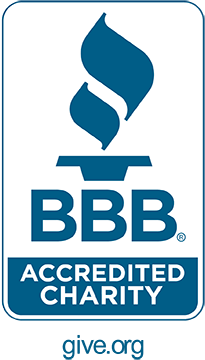Abstract: This report shares findings from the analysis of qualitative and quantitative endline data focused on the Nobo Jatra project in Bangladesh. The Nobo Jatra project was implemented by World Vision and local partners in the southwestern coastal areas of Bangladesh in the Khulna and Satkhira districts and aimed to address the underlying causes of chronic food insecurity by improving knowledge, capacity, links to food production and income generation and facilitating improvements in household assets and savings. A quantitative survey was conducted in 108 representative villages in southwest Bangladesh and captured information on farming, health, nutrition, resilience, and consumption. Half of these villages were treatment villages and half were comparison villages. In-depth qualitative data was collected from four treatment villages where the project was well implemented and the community engaged. The quantitative data analysis allows us to look at indicators in treatment villages before and after the project was implemented, as well as compare the experiences of treatment and comparison villages. The qualitative data allows us to understand the potential of the interventions when well-implemented, as well as how and why they worked or did not work as intended.
The pre-post evaluation shows improvement across a large number of indicators between baseline and endline in treated villages, although it suggests that more help is needed for increasing nearby access to water, helping women earn more cash, supporting female farmers, and supporting households with adult-only women. The qualitative study provides insights into the mechanisms that led to these improvements, and key challenges for indicators showing limited results.
The analysis of the treatment and comparison villages suggests little difference between treatment and comparison villages in child stunting and underweight status, and higher child diarrhea rates in treatment villages. However the analysis also shows more children receiving a minimally acceptable diet in project areas, greater women’s autonomy and empowerment, and households in treatment villages better able to maintain their food consumption in the face of shocks. Qualitative analysis in villages with the most comprehensive programming highlights achievements across nutrition, food security, income, and disaster preparedness outcomes, as well as the pathways by which these outcomes occurred. This included unexpected insights into the ways interventions affected income and the effects of increased income. Furthermore, the project strengthened local input and service provisioning systems in best-case scenario villages, but future sustainability of these systems varies by sector. The qualitative study also found that Nobo Jatra’s interventions strengthened household resiliencies and food security, helping households during recent natural disasters and the COVID-19 pandemic.




